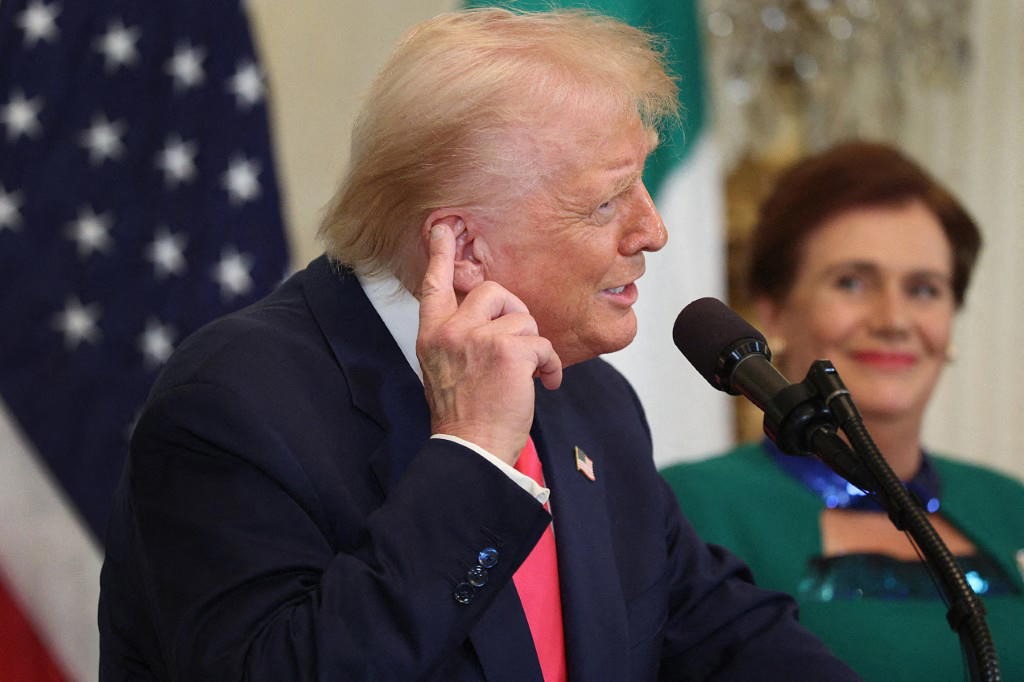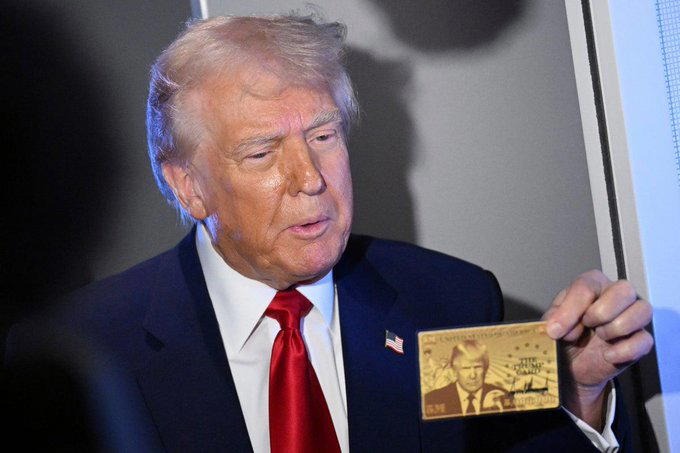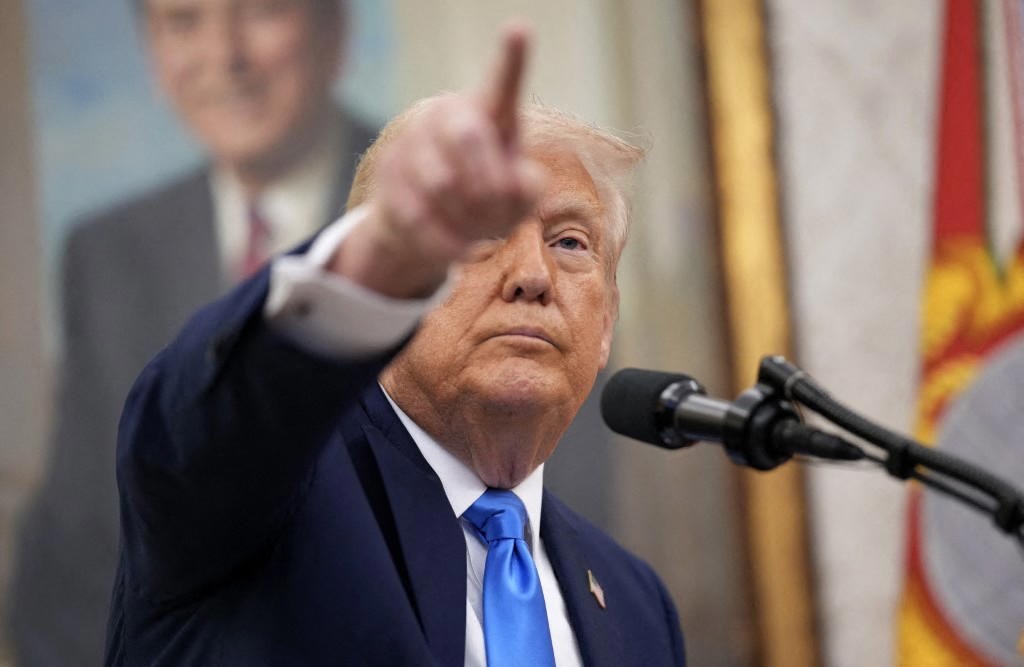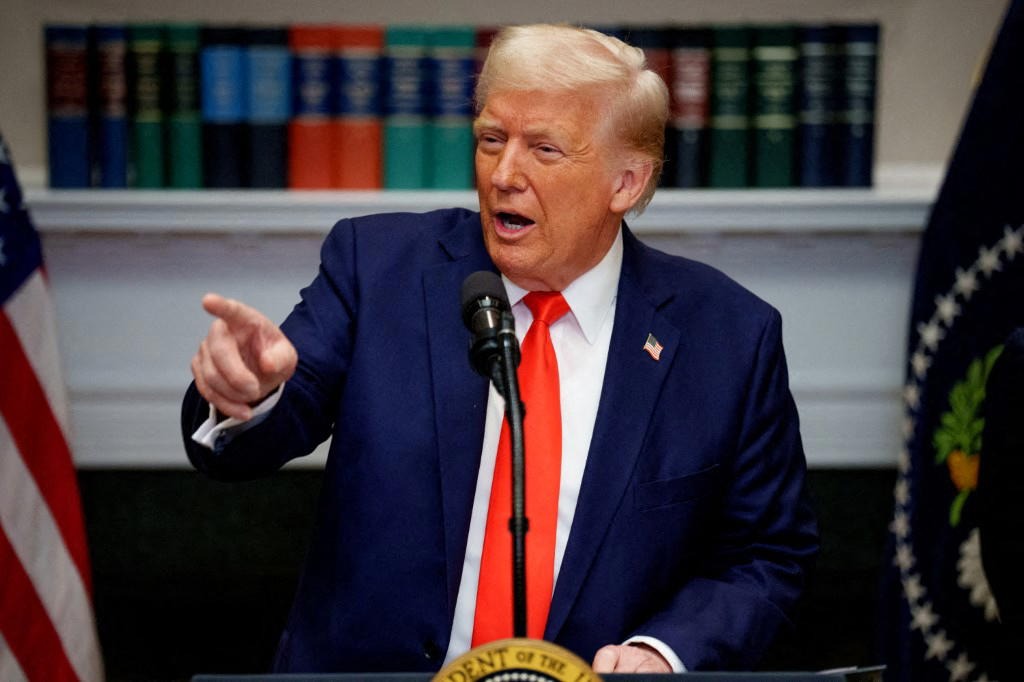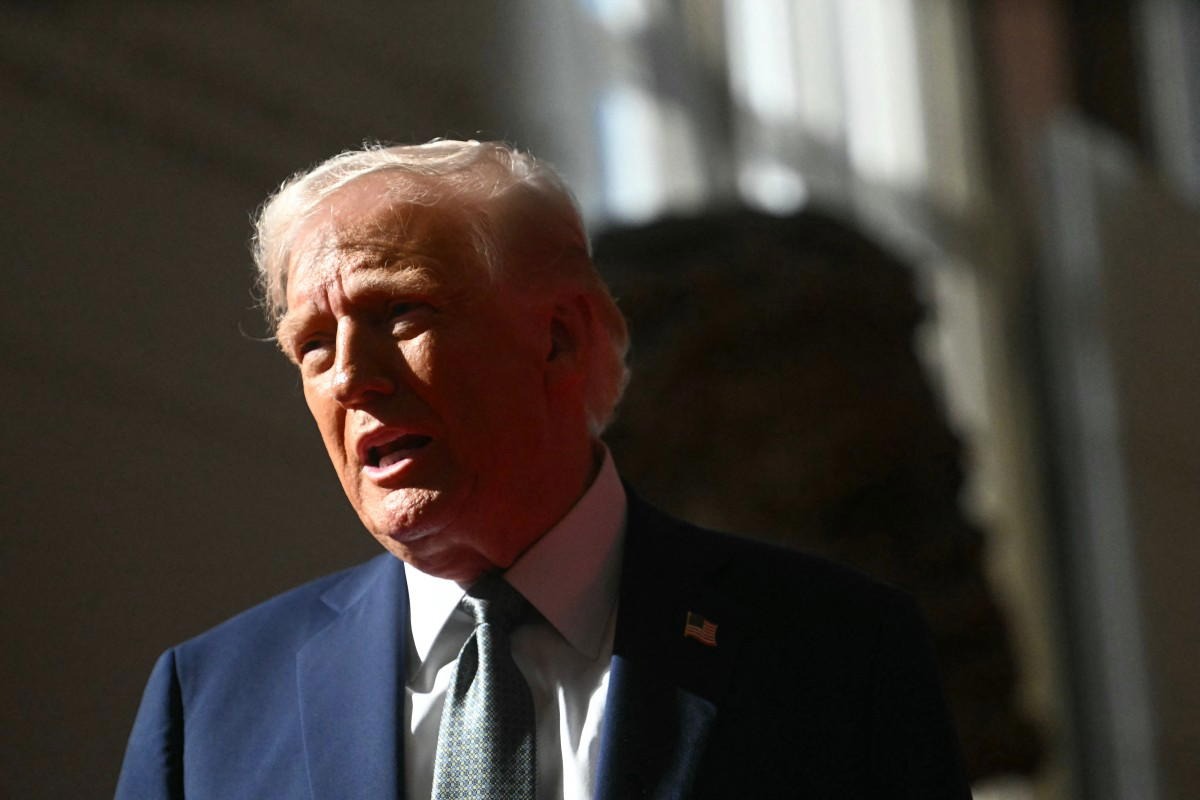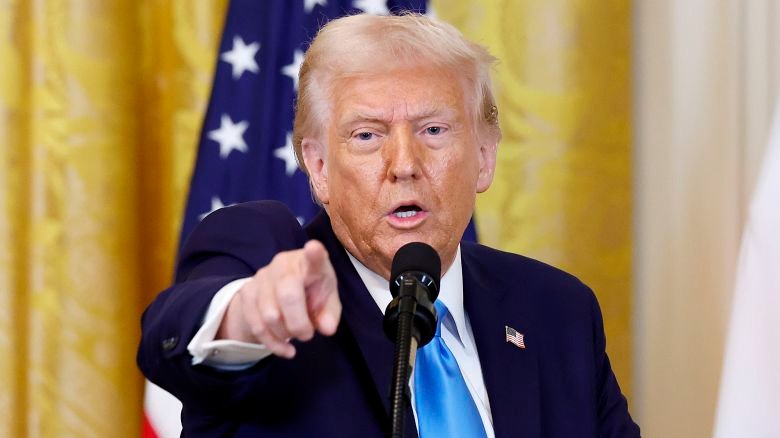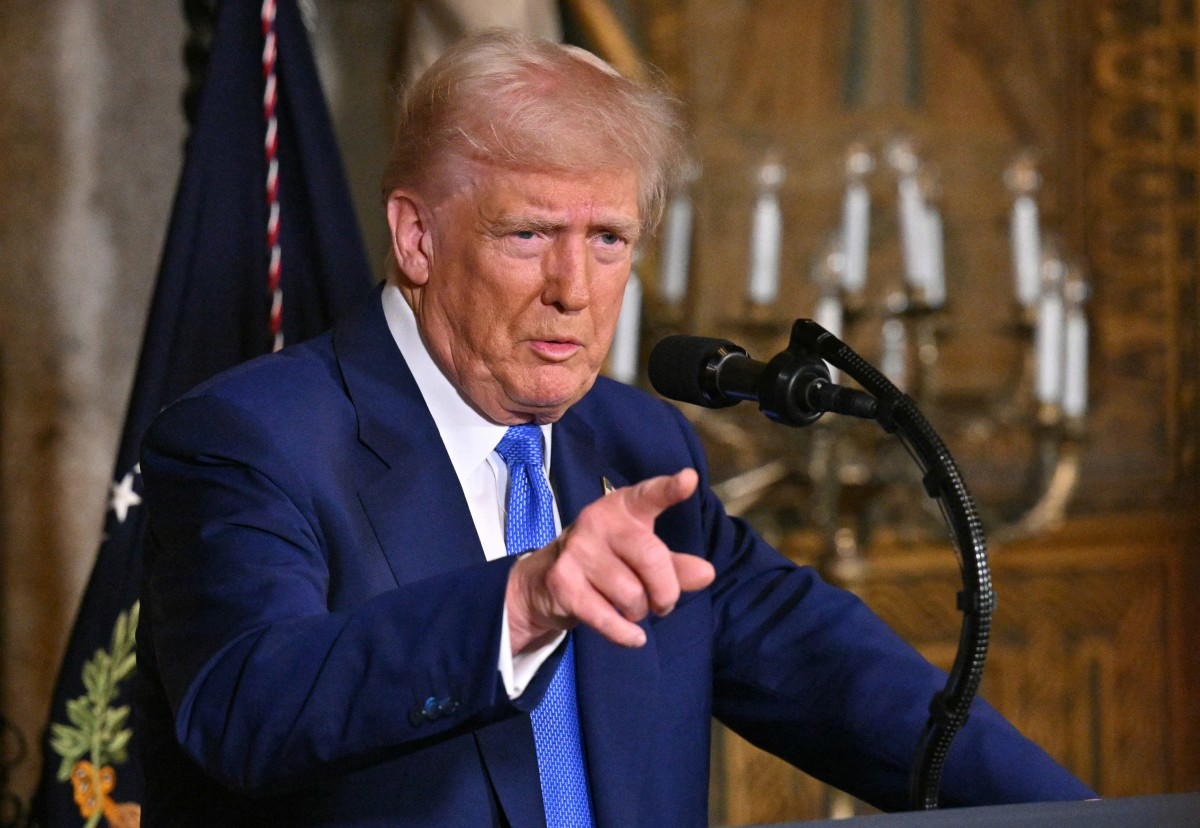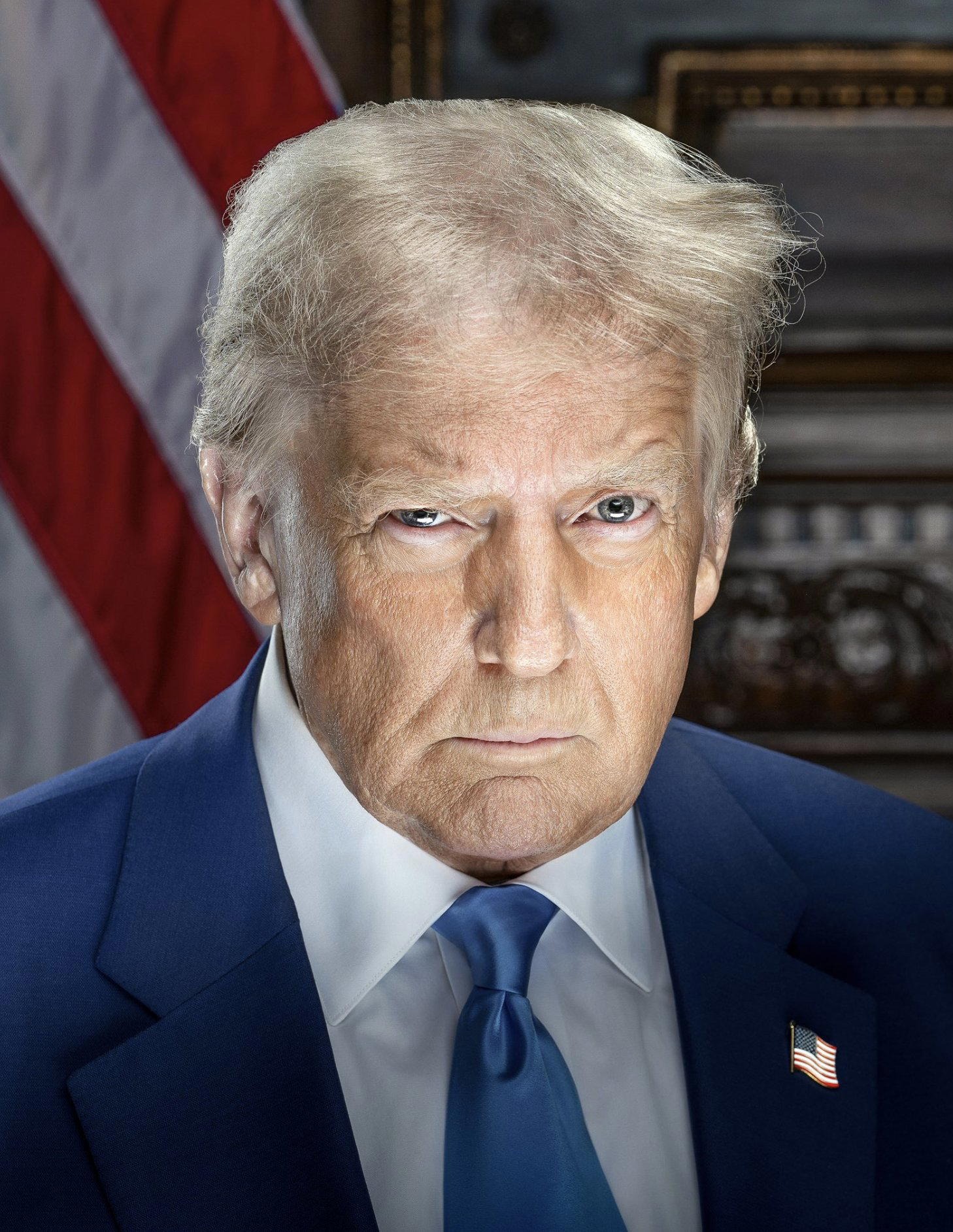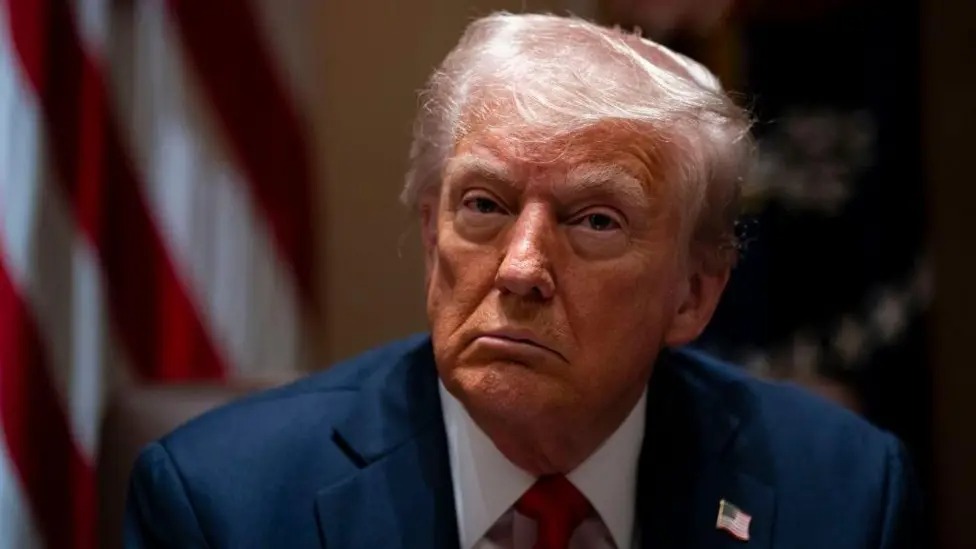The United States has criticised Nigeria’s ban on 25 product categories, saying it hampers American exports and deepens trade tensions. The U.S. Trade Representative (USTR) listed the restrictions—covering beef, poultry, fruit juice, pharmaceuticals, and spirits—among the top 10 unfair trade practices by foreign nations. “These policies create significant trade barriers that lead to lost revenue …
